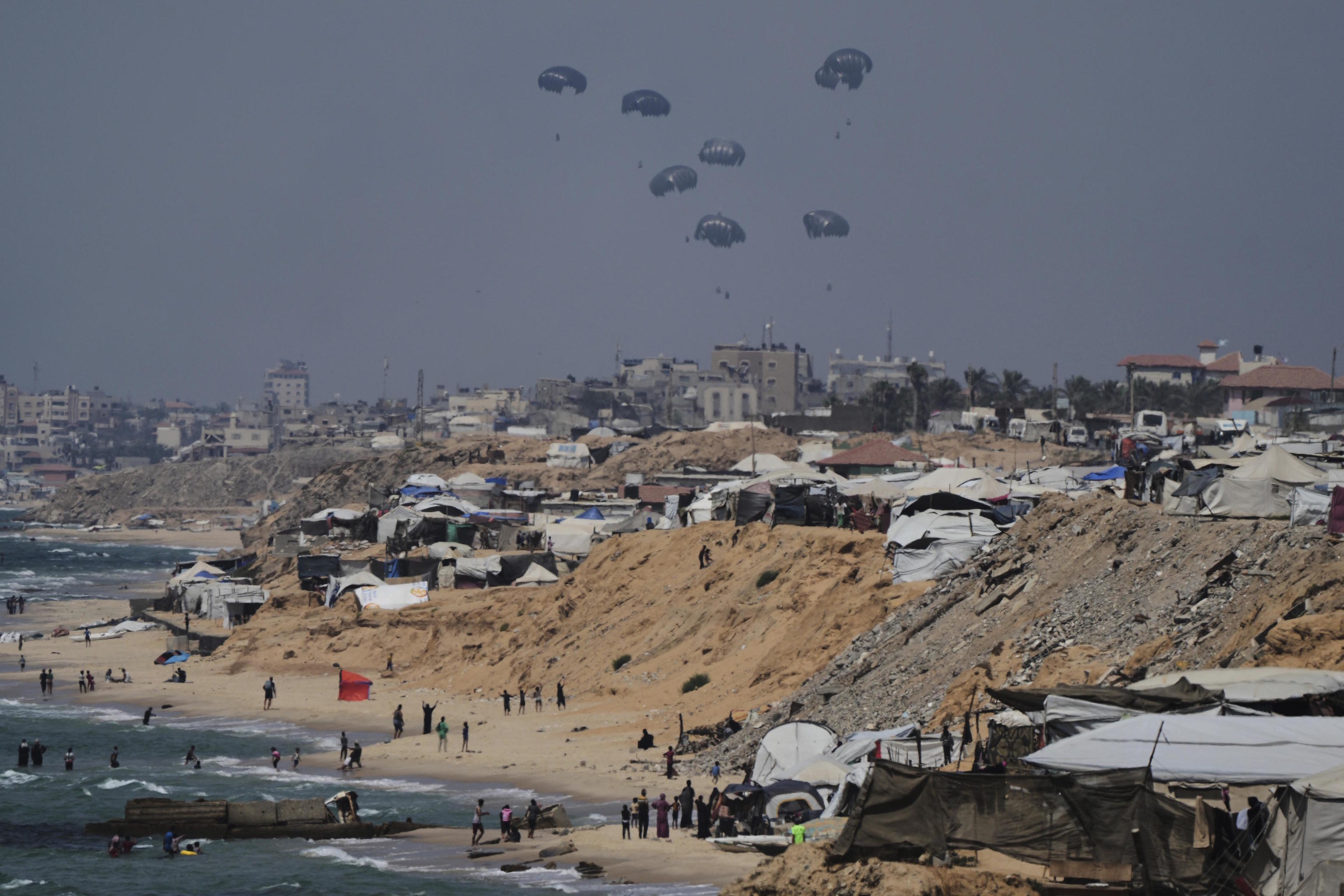The UN issued the highest alert on Tuesday regarding the situation in Gaza and warned that "the worst famine scenario is already underway." The IPC report (Integrated Food Security Phase Classification) certified that the number of families affected by hunger has doubled between May and July, and the malnutrition rate in Gaza City has quadrupled, from 4.4% to 16.5% of the population in the same period.
The report warns that only "immediate and unimpeded access" of humanitarian aid by land can prevent a rapid increase in hunger-related deaths, and that the recently authorized aerial food drops by Israel "will not be enough to reverse the humanitarian catastrophe."
The IPC report also warns that "only immediate action, an end to hostilities, and large-scale humanitarian aid" can prevent an increase in hunger-related deaths and "catastrophic human suffering". The UN states that the availability of food and basic goods has plummeted "to unprecedented levels" in the last three months.
In the latest report from May, the IPC warned about how Gaza Strip, particularly Gaza City, was on the brink of famine, with "growing evidence of increased levels of malnutrition and diseases." The report cautioned that the majority of the 2.1 million Palestinians were facing "extreme levels of food insecurity" and were "at critical risk of hunger."
Doctors Without Borders (MSF) coordinator Jean Guay Vataux has joined the UN's call, stating that aerial food drops are a "notoriously inefficient and dangerous solution" and reiterated the request to Israeli authorities to facilitate massive access of humanitarian convoys by land: "The roads are there, the trucks are there, the food and medicine are there... Everything is ready just a few kilometers from Gaza."
"We need to get food to Gaza immediately, every day, in a massive and unobstructed way," warned Cindy McCain, director of the UN World Food Program, in light of the IPC report. "The longer we delay action, the higher the number of hunger-related deaths will be."
"Children and babies are dying every day in Gaza due to malnutrition," stated Catherine Russell, director of UNICEF. "Without immediate assistance of food, water, and medicine, mothers and fathers will continue to live this nightmare and will not be able to prevent their children from dying of hunger."
